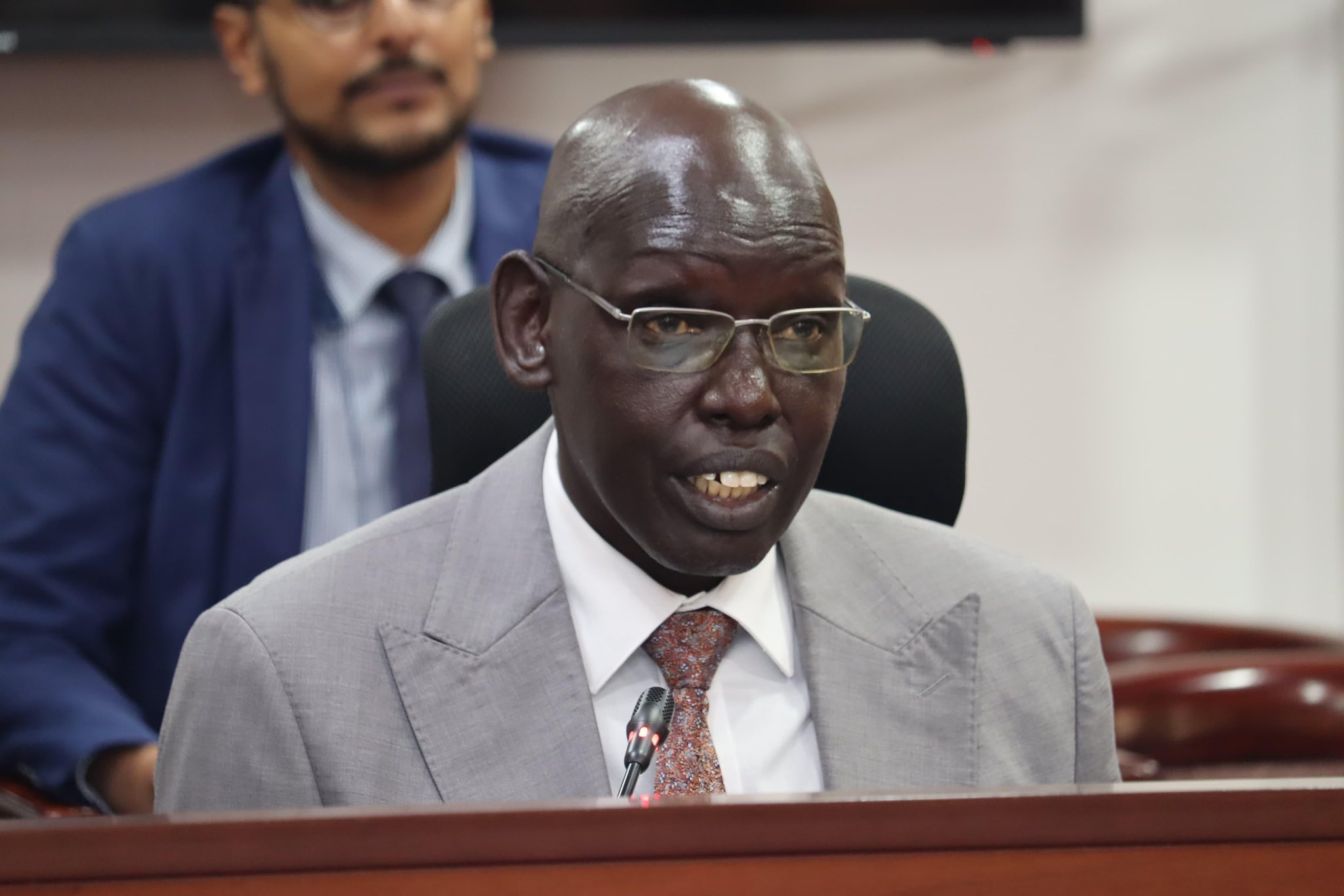PS Kipsang: Why fee payment to schools via e-Citizen is convenient

Kipsang added that those who pay in-kind contributions as school fees are now captured as monetary value in the system, ensuring transparency and accountability.
The Principal Secretary for the State Department of Immigration and Citizen Services, Belio Kipsang, has defended the payment of school fees via e-Citizen platform, terming it the most convenient and transparent way.
Speaking during an interview on NATION FM on Tuesday, the PS defended the move, saying the system ensures accountability, visibility, and transparency.
“The system is the most convenient and transparent way that you can be able to get. Everybody who is associated with those payments will be able to see the movement of the resources,” he said.
Kipsang added that those who pay in-kind contributions as school fees are now captured as monetary value in the system, ensuring transparency and accountability.
“When you pay in kind as school fees, it is given a monetary value, whether Sh10,000 or Sh20,000, and that value is captured in our electronic system (e-Citizen system). This ensures transparency, accountability, and allows payments to be traced through unique identifiers like IDs or student numbers. Given the uniqueness of the education environment, we worked with stakeholders and the Interior Ministry to design a system that accurately captures and transmits this value within the digital ecosystem,” he said.
He also dismissed the Auditor-General's concerns over billions of unaccounted funds on e-Citizen, citing documentation problems.
“We have supplied all the necessary documentation so that the Auditor-General can adequately make an assessment of the resources that have been collected,” said the PS
On the convenience fee Kenyans are charged to access government services on e-Citizen, the PS revealed that they are used for maintenance and to facilitate the smooth day-to-day running of the platform.
“Just like any huge machinery, like the one e-Citizen uses, such machinery does so much work of up to five hundred thousand visits in a day, so for it to be able to continue providing good service, it requires maintenance,” Kipsang said.
Kipsang said the charges are based on a band system agreement, with fixed costs up to a certain number of services and incremental charges as more services are onboarded since the government acquired the portal in 2023.
“There was a band system agreement on how we would be charged for the services; for up to 2,000 services, the cost would be fixed, which would increase when they went up to, say, 5,000,” he said.
